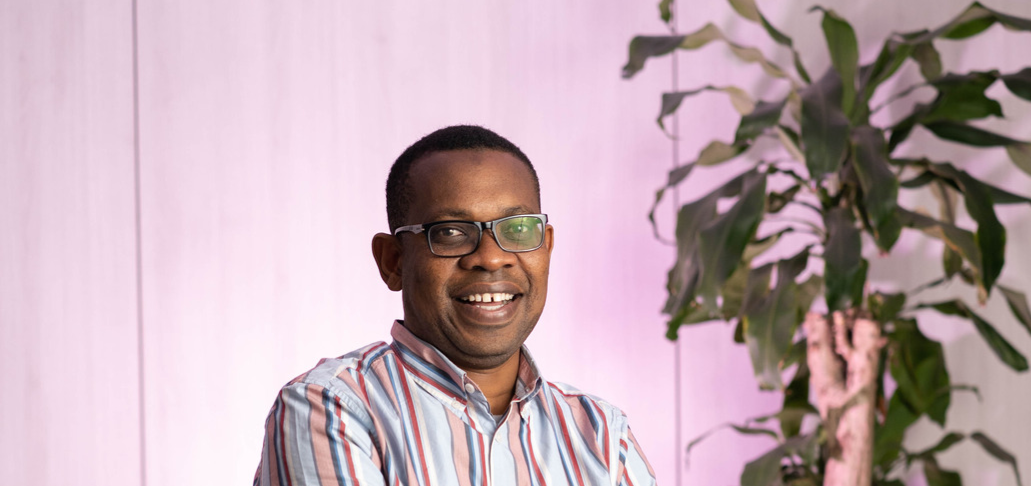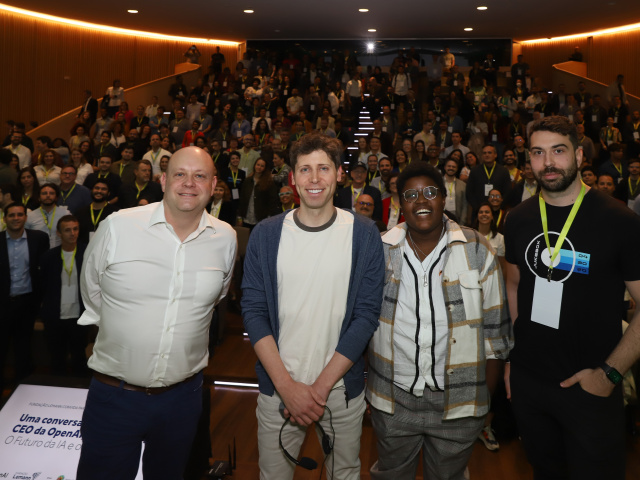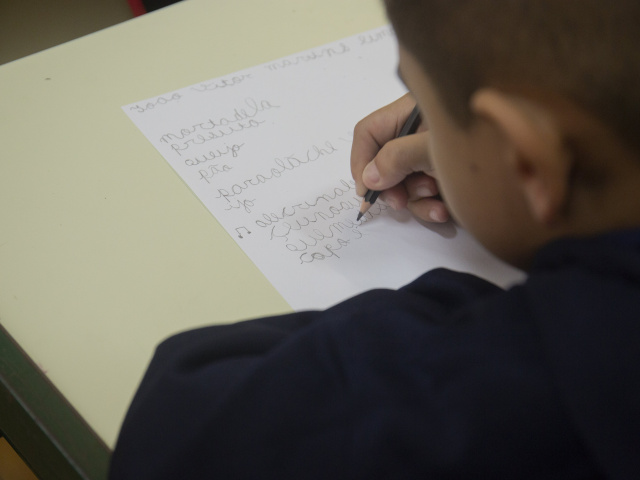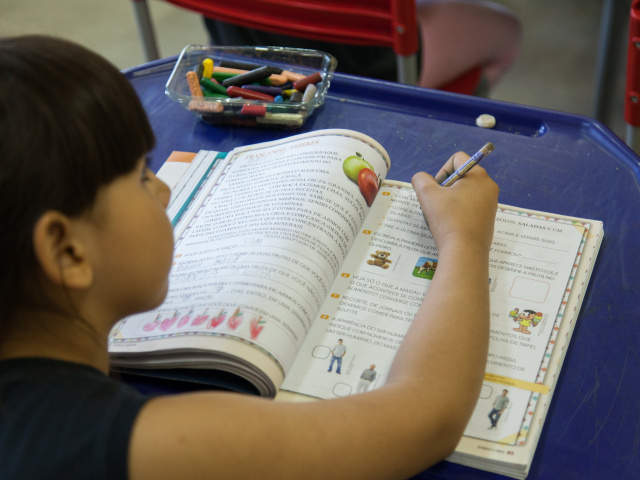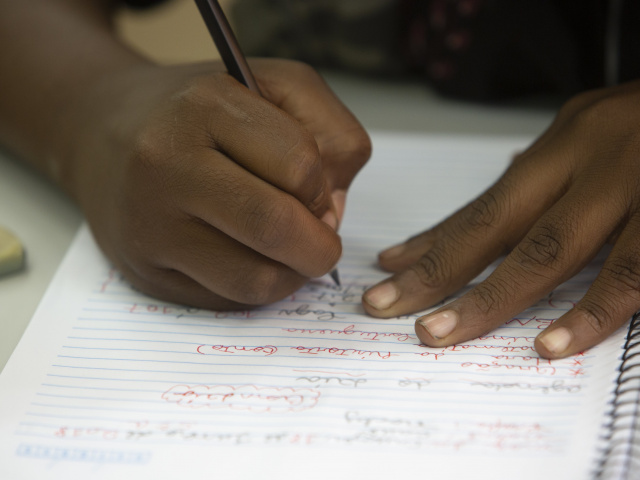The South-South Programme aims to create opportunities for leaders from the Global South to share knowledge, practices, and evidence, seeking to strengthen its capacity to promote coalitions focused on promoting reforms that improve basic education in their territories. During the Immersion Trip in Brazil, from 10 to 17 September 2022, participants were invited to reflect on their own performance as educational leaders, had opportunities to strengthen ties with their peers, expand their knowledge and plan strategies and actions to be implemented in their countries. The activities of reflection, discussion and co-creation were be inspired by three Brazilian experiences: the educational revolution held in Sobral (CE), where all students from the municipal network learn to read and write in the right age, the Movement for the National Learning Standards (Brazil´s Core Curriculum) and Todos pela Educação, a non-governmental organization working since 2006 with government and civil society actors to improve design and implementation of structural educational policies.
One of the invited educational leaders is Dr. John Mugo, Executive Director of the Zizi Afrique Foundation, in Kenya, and one of the top ten personalities nominated for the Africa Medal of Education. Zizi is the anchor organization of the South-South Programme in Kenya, and and leads several other collaborative initiatives such as the Assessment of Life Skills Values (ALiVE) and the Evidence of Education for Action (EE4A). After the trip, Dr. Mugo shared his views about what he had experienced in Brazil and next steps to be taken to improve learning at schools in Kenya, with a population of 50 million nowadays.
Major challenges and similarities with Brazilian education
“Alike Brazil, in Kenya equity is a big problem. In the North and Northeast of our country, many children do not attend school and due to the remoteness of places, there are schools without teachers or only a few teachers for the entire school. To close the gap, 120.000 teachers are needed nowadays. There is also a major difference in the offering of education between the rich and the poor. Around 25% of the primary schools in Kenya are private, with much better learning than in the public ones, where dropout rates are high. One major challenge is what we call schooling without learning. Only 1 in 3 children have the competences aimed for their grade and just 40% can read at grade 3 (between 8 and 9 years). When we listened to how Sobral was before, I think it is a shared challenge.”
Dealing with the consequences of the pandemic
“We estimate that more than 5 thousand girls did not go back because they got pregnant. Due to economic fragilities, boys started working and stopped going to school. The government gives a scholarship to around 10 thousand children whose parents lost their jobs during the pandemic to ensure that they can pay the school fees. Another challenge was the learning loss, because those who came back to school were even more behind than before. That´s why there are many organizations supporting ways to accelerate learning and helping children to catch up. Zizi Afrique Foundation has been implementing accelerated learning programs for 4 years now, reaching 4 thousand children and expecting support from the US government to reach another 2 thousand each year. We work with youth who finished school or university and train them on the method Teaching at the right level, so that they are able to accelerate learning of the children in their villages. This program will start in January and help many more children.”
Learning to strengthen civil society from Todos pela Educação and Movimento pela Base
“I learned a lot about how to build a movement. In Kenya we need to build a bigger coalition to support a reform in education. The new president is forming a national committee to advise him on what he should prioritize. As we observed from Todos pela Educação, we plan to work as a civil society movement around three pillars: educational evidence; communications and advocacy initiatives; and direct engagement with the new members of parliament. We have our first meeting concerning this bigger coalition next week, we are leading this process and are really excited to keep in touch with Todos and Movimento to continue learning from them about better ways to push governments toward the right decisions.”
The example from Sobral city, in Ceará
“When we visited schools in Sobral the image of happy children in class was very impressive to me. We saw children playing and whenever we asked what makes them happy, they say it is their teachers. So, in that place teachers have learned how to relate with children and educate them in a way that they bring up happy souls. Now we are identifying a place in Kenya where we can try a similar political intervention, talking to the governor and to politicians. Our proposal is to revolutionize educational outcomes in the Kirinyaga county, because there was a person that came with us to Brazil who oversees employing the teachers in this region of the country. Our goal is to have all your children reading by the time they finish grade 3 in the coming year, supported by teachers, parents and politicians.”
The importance of the exchange between countries in the global South
“It is one thing to read about something and another to get there and see the classroom for yourself. This has given us a lot of energy and we feel we want to do similar initiatives. The conversations we had with the political leaders in Sobral were very inspiring. We realized that if good decisions are made, they bring a lot of change very rapidly. As a group, because we got to meet these people in Brazil it will be easier to connect through Zoom meetings afterwards. Moreover, knowing that countries like Pakistan face similar challenges helps us to acknowledge that we are not in this struggle alone and that it is worth talking to each in the Global South, so we are very thankful for this exchange.”
